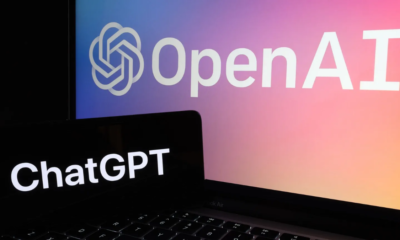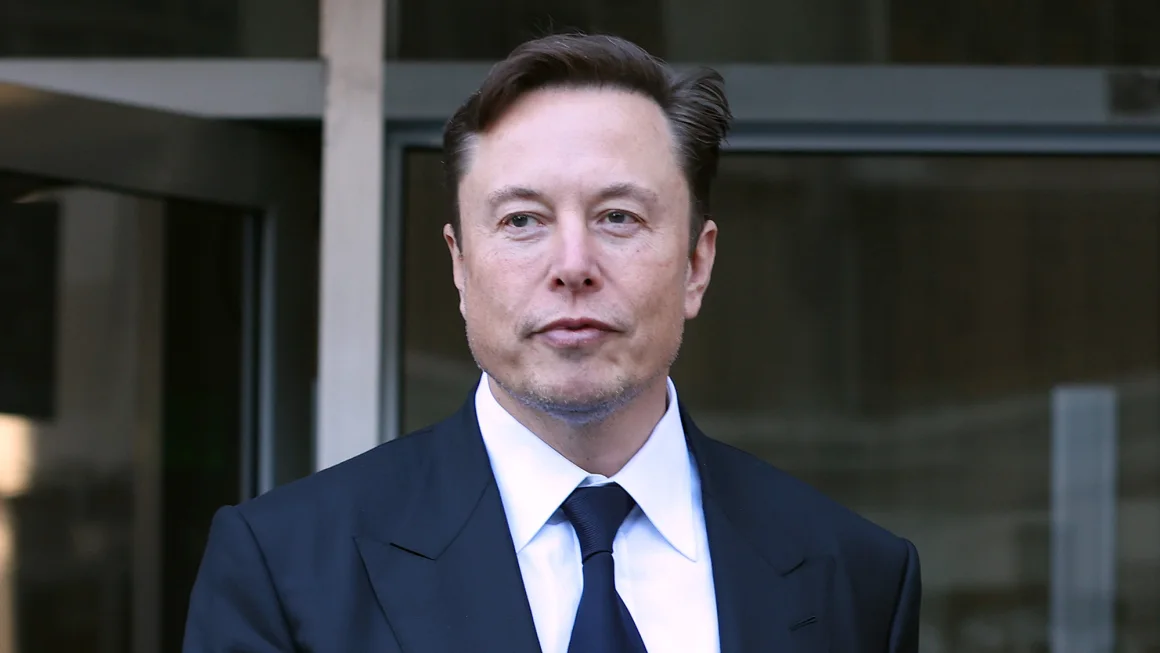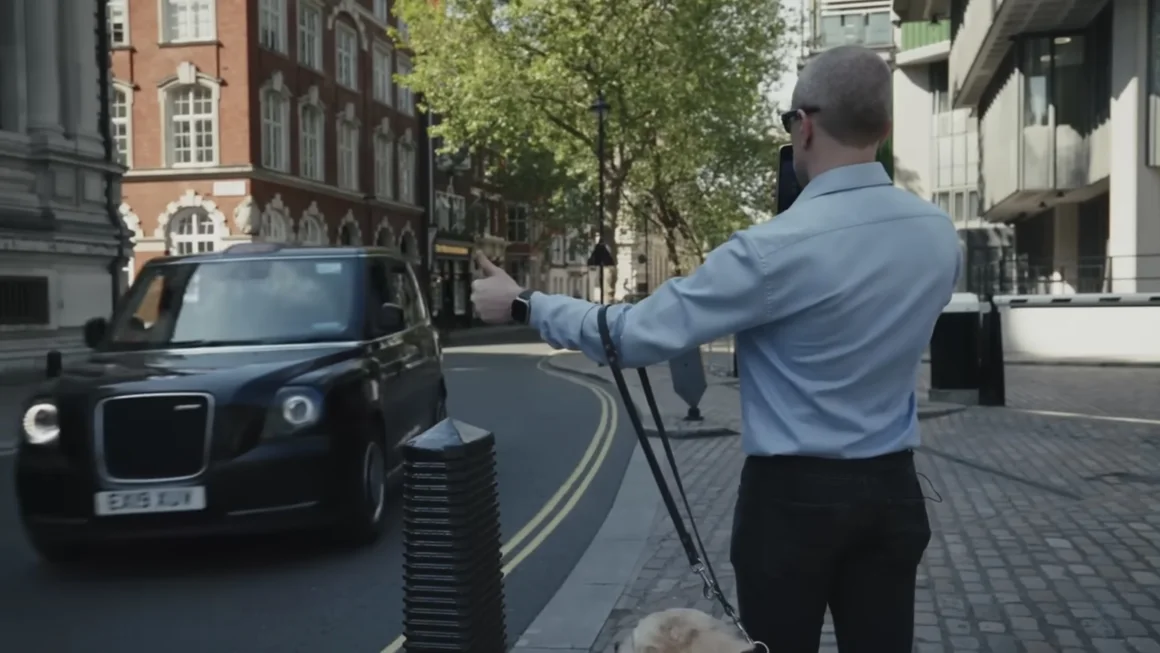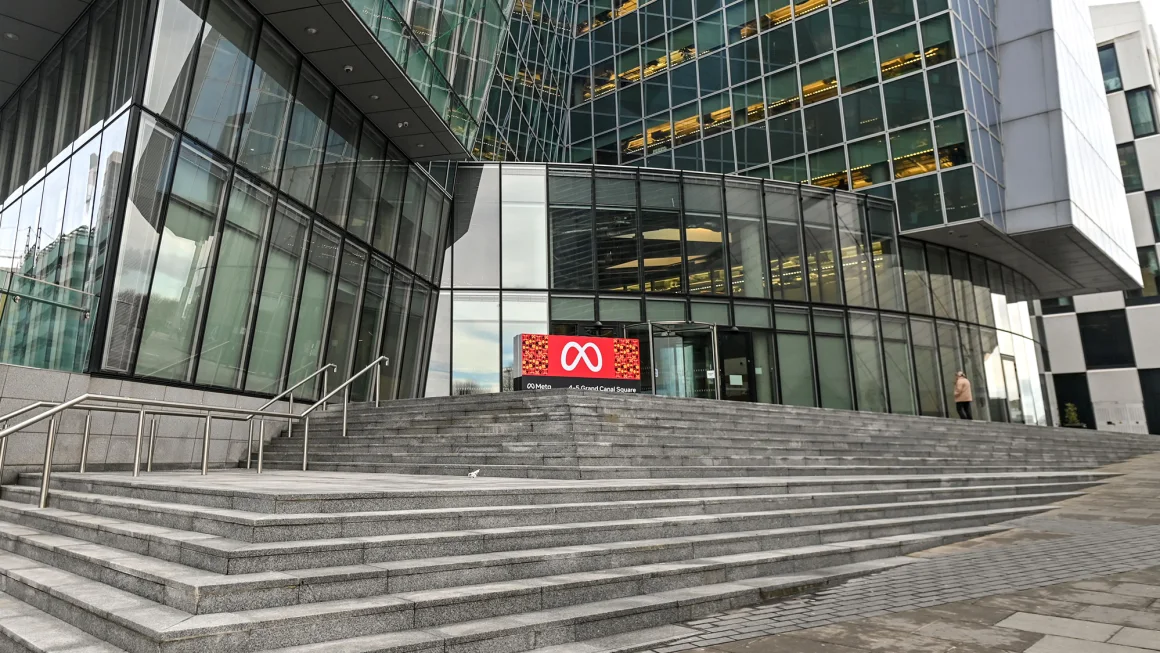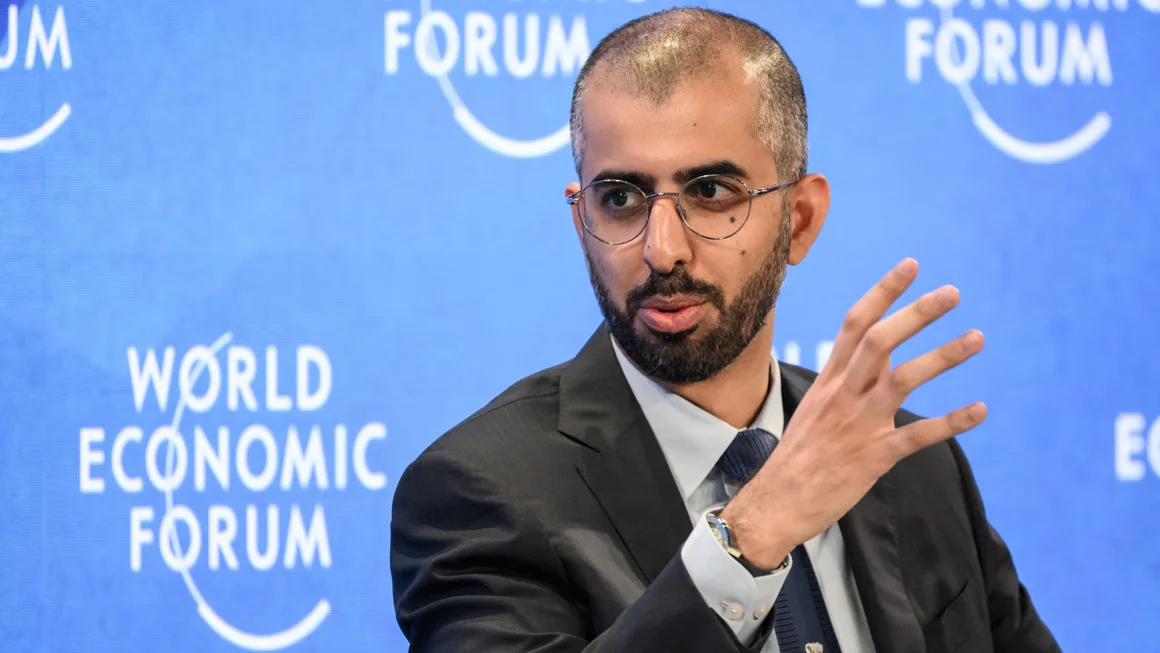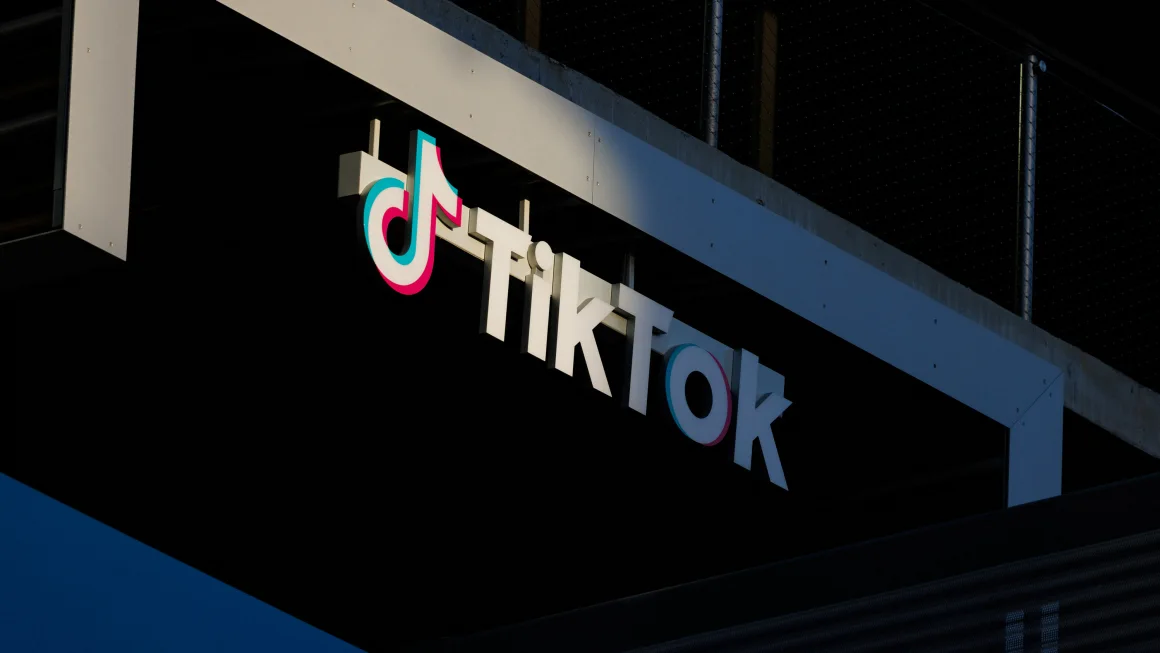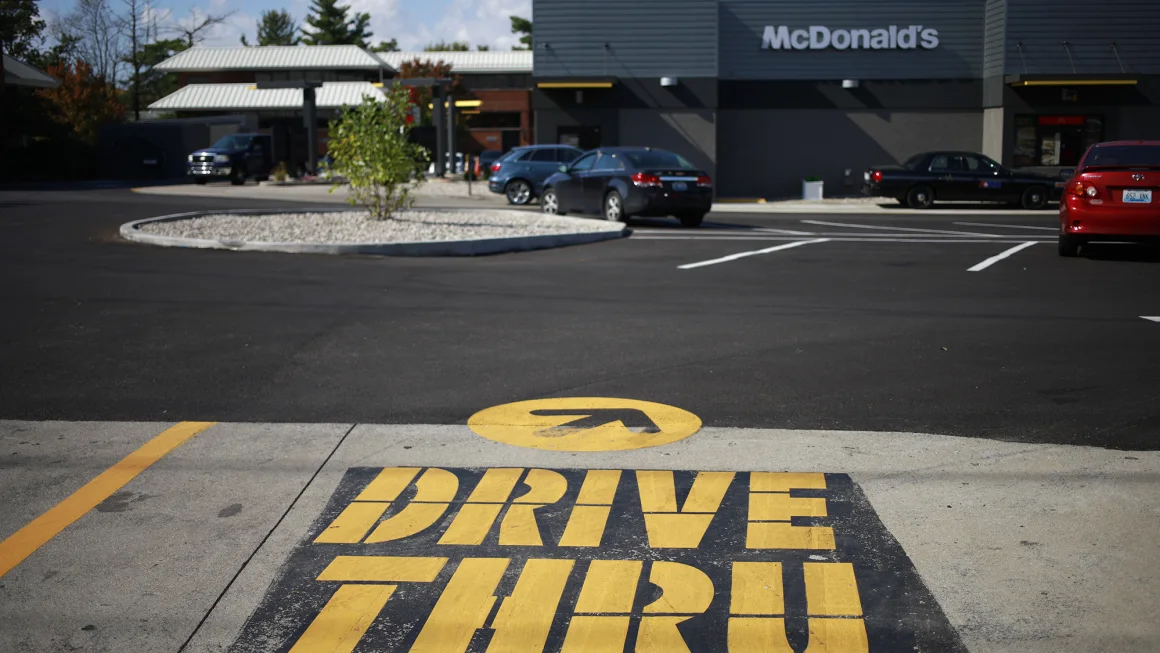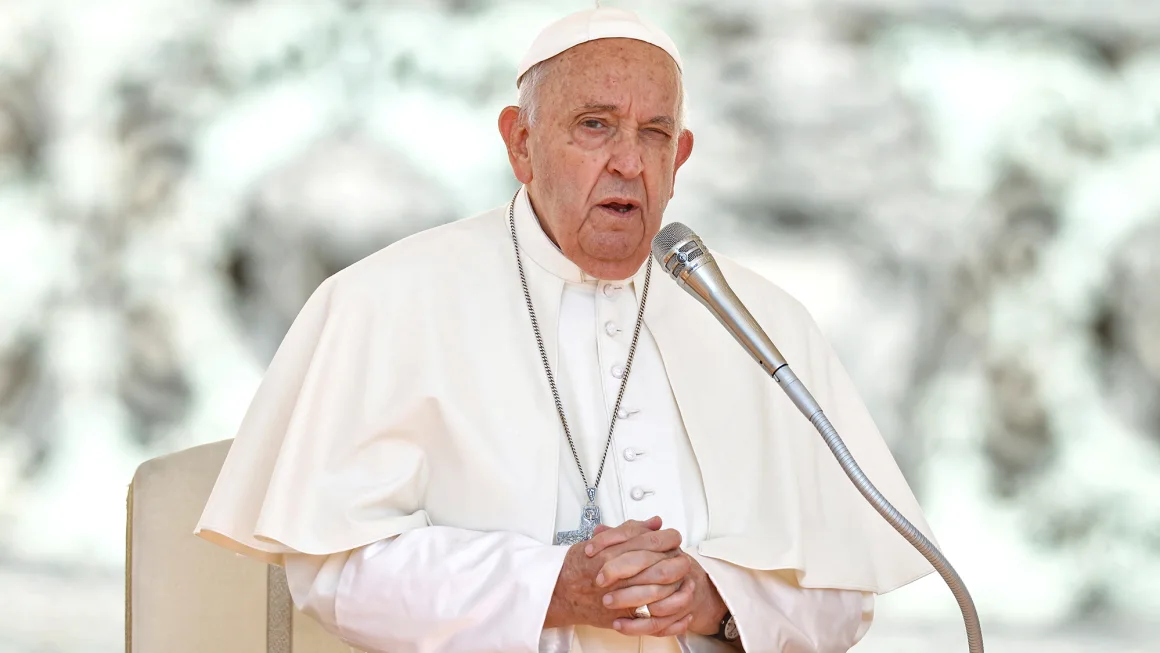Friday’s Global Software Outage Paralyzes Business, Healthcare, Tech, and Government Sectors in Less Than 12 Hours: Unraveling the Crash, Recovery Status, and Ongoing Impact
911 Centers and Transportation Services Plagued by Disruptions Late Thursday Night and Early Friday
Overnight from Thursday to Friday, 911 services in multiple states, including Alaska and Arizona, experience disruptions, while hospitals report technology issues, as observed by nurses on duty.
Between 2 and 3 a.m., the Federal Aviation Administration (FAA) grounds all Delta and American Airlines flights, followed shortly by United and Allegiant Airlines, due to a widespread outage.
Spirit Airlines confirms its flight reservation system is also impacted by the outage. Later, between 5 and 6 a.m., public transit systems in the Northeast, including Washington, DC, begin reporting delays, affecting trains and buses managed by the Washington Metropolitan Area Transit Authority.
Meanwhile, in New York City, the Metropolitan Transportation Authority notes temporary disruptions in customer information systems, although train and bus services continue without interruption.
By 5:30 a.m., CrowdStrike, a prominent US cybersecurity firm, acknowledges software crashes affecting Microsoft Windows operating systems, crucial for blocking hacking threats for many Fortune 500 companies.
Between 6 and 7 a.m., the White House Launches Investigation as Global Banks Report Operational Issues
A spokesperson from the White House National Security Council told CNN they’re investigating an incident that happened, but they don’t think it was on purpose. Some big banks worldwide, like in Australia and South Africa, had problems with their services. In Portland, the mayor declared an emergency because the 911 system that handles emergency calls wasn’t working right. United Airlines said they’re starting to fly some planes again.
Between 8 and 9 a.m., flights begin again, but airports are preparing for a hectic day ahead.
Delta Air Lines has restarted some flights and offered travel waivers to affected passengers.
At Atlanta’s Hartsfield Jackson International Airport, systems are back online, and extra customer service staff are on hand to handle the challenges. Officials there are asking passengers to remain patient and understanding.
In Charlotte Douglas International Airport, a hub for American Airlines, travelers are advised to confirm their flight details before heading to the airport. Meanwhile, Miami International Airport officials caution that US Customs and Border Protection operations are slowed down, affecting international arrivals which are being processed manually.
From 9 a.m. to noon, federal agencies begin to take action, and President Biden receives a briefing on the situation.
Shortly before 9 a.m., Alaska State Troopers and the Phoenix Police Department announce that their 911 centers are operational again after experiencing disruptions.
Portland’s Computer Aided Dispatch system also resumes operations at 9 a.m. The mayor’s office assures the community that 911 services were never affected, and essential public safety services like Police and Fire & Rescue remain fully operational.
The Federal Communications Commission (FCC) acknowledges reports of a system outage affecting 911 services and is collaborating with federal agencies to assess the situation.
President Biden receives a briefing on the CrowdStrike outage and his team is coordinating with CrowdStrike and affected organizations. Federal agencies begin escalating their involvement and reporting disruptions.
The US Department of Homeland Security states it is working with CrowdStrike, Microsoft, and other partners to evaluate and address the outages.
Social Security offices close to the public due to anticipated longer wait times on their national 800 number.
The US Department of Justice acknowledges some impact from the outage and is implementing workarounds, although no estimated restoration time is provided.
UPS and FedEx report being affected, with UPS noting operational airlines and road deliveries, though delays are possible.
CrowdStrike’s CEO acknowledges the situation, clarifying it was not a cyber attack but an issue with a Falcon content update for Windows Hosts.
During late morning through early afternoon, appointments with doctors and at the DMV are cancelled.
The Massachusetts Department of Transportation informs that Registry of Motor Vehicle operations are affected, with similar impacts reported in Georgia, North Carolina, Texas, and Tennessee.
Simultaneously, multiple healthcare and hospital systems across the nation, including Mass General Brigham, Penn Medicine, Northwell Health, and Emory Healthcare, acknowledge being affected by the global outage. Some hospitals experience service delays while others cancel non-urgent surgeries and medical appointments. Cancer centers such as Dana-Farber Cancer Institute and Memorial Sloan Kettering Cancer Center adjust their schedules accordingly.
In British Columbia, the Provincial Health Services Authority announces their health system has also been impacted and they are implementing contingency plans to ensure patient care continues uninterrupted.
Later in the afternoon, further disruptions continue to affect medical services.
By around 4 p.m., the New York Blood Center, which supplies blood to about 200 hospitals in the Northeast, initiates an emergency driving operation to distribute blood due to delays in transporting test tubes by air.
Blood Centers of America, relying on shipping services like FedEx, also reports delays in test result reporting. They note that despite elective surgery cancellations reducing blood usage, ongoing delays could pose challenges if they persist.
Blood Assurance, serving hospitals across Southeast states, including Tennessee and Georgia, experiences postponed shipments of critical platelets due to flight disruptions caused by the outage. They appeal to the community for blood donations to meet demand.
CrowdStrike CEO Kurtz reaffirms commitment to transparency regarding the IT outage and pledges measures to prevent future incidents, as stated on the company’s website.
On Saturday morning, extensive delays affect numerous flights.
On Saturday morning, Microsoft states that the outage affected approximately 8.5 million Windows devices, which represents less than 1% of all Windows machines. Microsoft acknowledges that the widespread economic and societal impacts highlight the reliance of enterprises on CrowdStrike for critical services.
Various sectors continue to experience repercussions from the outage. Despite airlines largely resuming operations, they caution passengers to expect ongoing disruptions to flight schedules.
By noon on Saturday, FlightAware reports over 3,375 flights delayed and more than 1,200 canceled across the United States. Atlanta’s Hartsfield-Jackson International Airport, the busiest in the nation, remains heavily affected, with Delta Air Lines canceling over 500 flights and United Airlines canceling nearly 300 flights.


 Entertainment3 years ago
Entertainment3 years ago
 Entertainment2 years ago
Entertainment2 years ago
 Entertainment2 years ago
Entertainment2 years ago
 Fashion3 years ago
Fashion3 years ago
 Fashion3 years ago
Fashion3 years ago
 Entertainment3 years ago
Entertainment3 years ago
 Entertainment3 years ago
Entertainment3 years ago
 Entertainment3 years ago
Entertainment3 years ago
 Entertainment3 years ago
Entertainment3 years ago
 Entertainment3 years ago
Entertainment3 years ago






